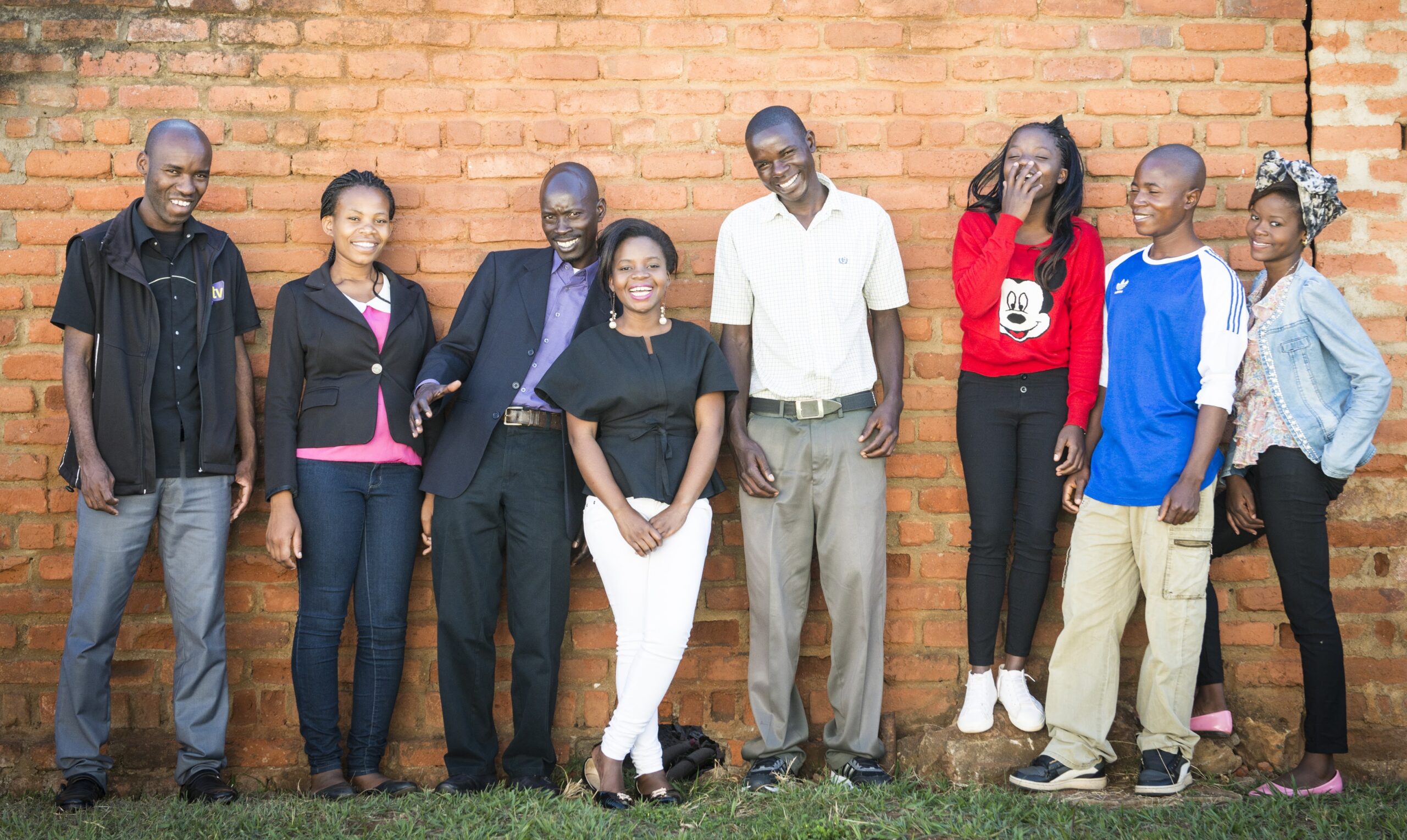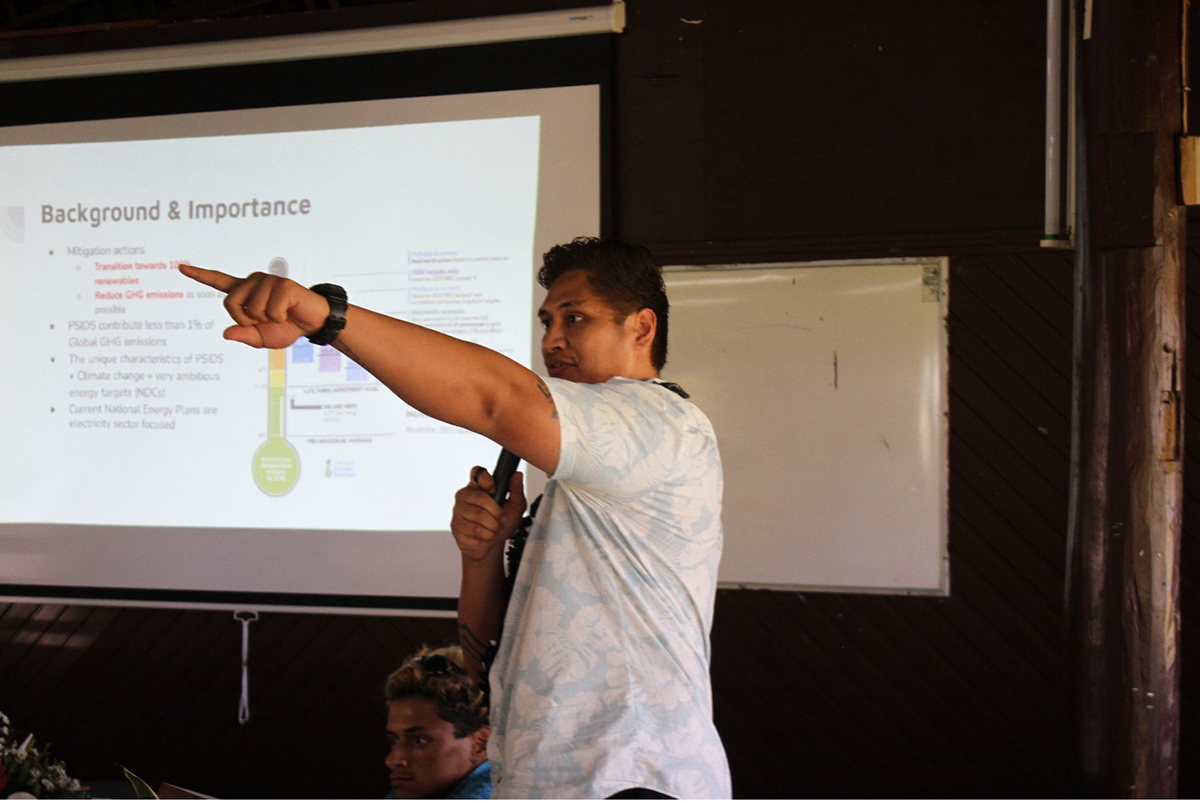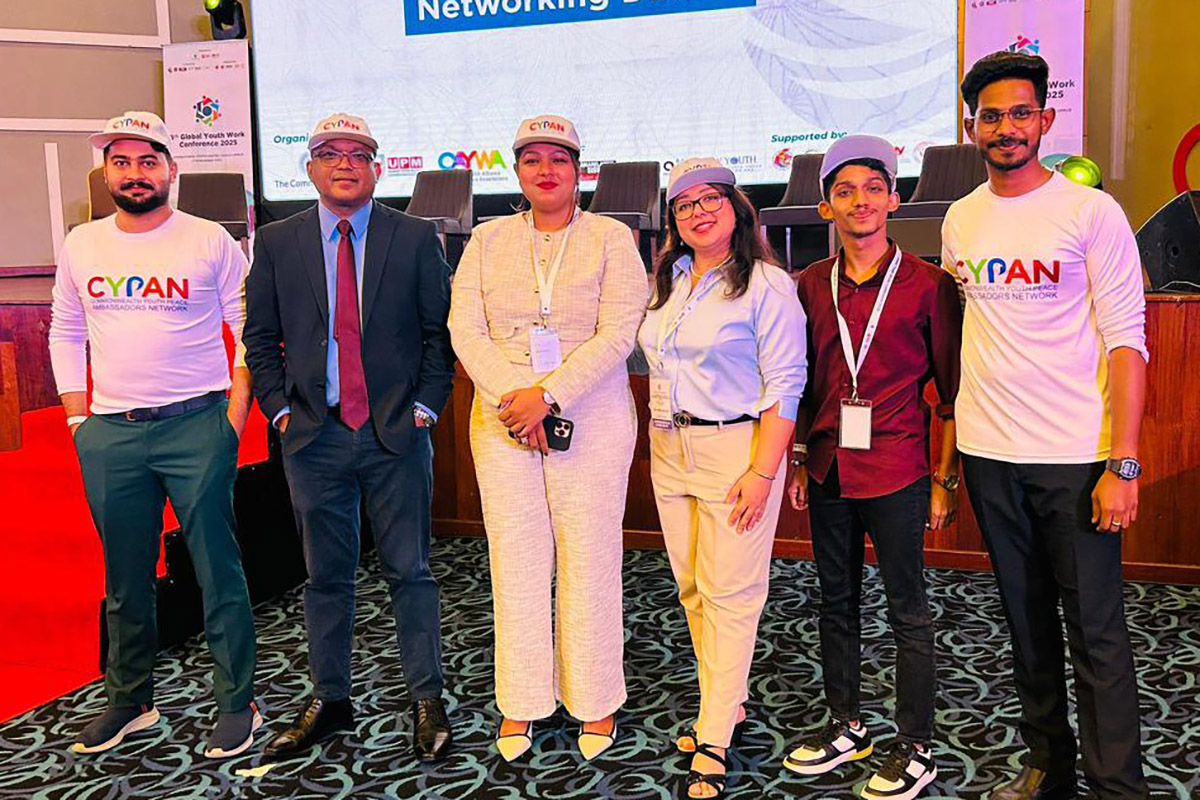“It’s 18! What’s next to stop child marriage?”
March 6 On Valentine’s day this year, Malawi’s national assembly passed a bill that called for the Constitution to raise the marriage age with parental consent from 15 to 18 years. Chimwemwe Manyozo, 27, a Correspondent from Lilongwe, Malawi, reports that the news was received with excitement, especially from activists and youth.
On Valentine’s day this year, Malawi’s national assembly passed a bill that called for the Constitution to raise the marriage age with parental consent from 15 to 18 years. Chimwemwe Manyozo, 27, a Correspondent from Lilongwe, Malawi, reports that the news was received with excitement, especially from activists and youth.
One of the leaders in the fight against child marriages, Mada Mondiwa, wrote the following message on her Facebook page:
‘A few months ago, I wrote an article in the newspaper arguing for more youth agency in development initiatives…specifically I described 12 incredible young people I’ve been privileged to train, mentor and work alongside in an advocacy initiative seeking an amendment of section 22 sub section 7 of the constitution of Malawi which allows for a child as young as 15 to get parental consent for marriage. Together we have pushed and laboured, we have lobbied, discussed petitioned Ministers, MPs, lawyers, young people organised event after event; whomever would listen, to help us change this backward law. We were dismissed, rejected, called nuisances, and in other instances encouraged and given more information to keep our cause going. It looked bleak, impossible too ambitious, but even in these times we never lost hope nor our passion and drive. It’s such an incredible feeling to have to say the constitutional bill calling for this bill has finally been passed in parliament this afternoon!’
Mada Mondiwa further went to acknowledge by name some of the key young people who have fought to make this change be a reality, saying “…well done” and “thank you for starting this…for being a compass and for celebrating all the small victories leading to this with us”.
In this mood of singing hallelujah, one question remains. ‘Now that the marriage age is 18, what’s next?’
A 2014 Malawi Child Marriages Human Rights perspective report highlights that child marriages are caused by poverty, natural disasters and emergencies, cultural practices, weak legal framework, religion and low levels of education.
The passing of the marriage, divorce, and family relations act in 2015, and the revision of the constitutions marriage age, coupled with the adoption of international laws and policies, to some extent takes care of the weak legal framework challenge. With adequate sensitisation and enforcement of these laws, Malawi should be able to see a change in cases of child marriages.
A strong legal framework is very likely going to address the cultural practices, weak legal framework, and religion challenges; however, it might fall short of addressing poverty, natural disasters and emergencies, and low levels of education.
Child marriages are a pathway out of poverty for girls and their families. This makes girls get married early and return to marriages once they have been terminated. Families give girls into marriage as a way of securing a source of livelihood for their family. If the girl is married to this man, then some of our problems are history. It may sound absurd, but girls also decide to get married at a tender age to escape poverty and the burden to taking care of their siblings. Girls who are heads of children-headed households explore marriage as a way of getting out of their predicament. It is therefore important to find alternative pathways out of poverty for both the girls and their families to ensure a sustainable eradication of child marriages in Malawi.
Malawi continues to register cases of floods and drought each year due to climate change. The natural disasters continue to compel families to give their young girls to marriage to get food and other basic needs. To protect girls from child marriages, there is a need to invest in climate-smart agriculture, and take a gendered approach to flood prevention and response.
There is also a need to develop a tailor-made education system that caters to girls who have been rescued from child marriages, and those who are heads of children-headed households. This education system must look into the needs of the girls, and content has to be developed to suit their mental state. Girls who decide not to pursue the path of education need to be enrolled in a skills development program that is tailored to their dreams and aspirations.
It needs to be understood that the amendment of the constitution is not a silver bullet that will solve all our child marriage problems in Malawi. There is a need to invest in the other areas highlighted above for Malawi to be child-marriage free.
Photo credit: courtesy of Marco Betti.
…………………………………………………………………………………………………………………
About me: I am a Malawian, working to foster human-centred development through research, training and transformational leadership.
I am the co-founder of maphunziro265, a platform created to bridge the information gap between needy students, and scholarship-providing individuals and organizations in Malawi.
I am a 2015/2016 Chevening Scholar studying for an MA Development Studies at the University of Sussex, in Brighton, United Kingdom. I earned my BA Media for Development from University of Malawi, Chancellor College.
…………………………………………………………………………………………………………………
Opinions expressed in this article are those of the author and do not necessarily represent the views of the Commonwealth Youth Programme. Articles are published in a spirit of dialogue, respect and understanding. If you disagree, why not submit a response?
To learn more about becoming a Commonwealth Correspondent please visit: http://www.yourcommonwealth.org/submit-articles/
…………………………………………………………………………………………………………………




